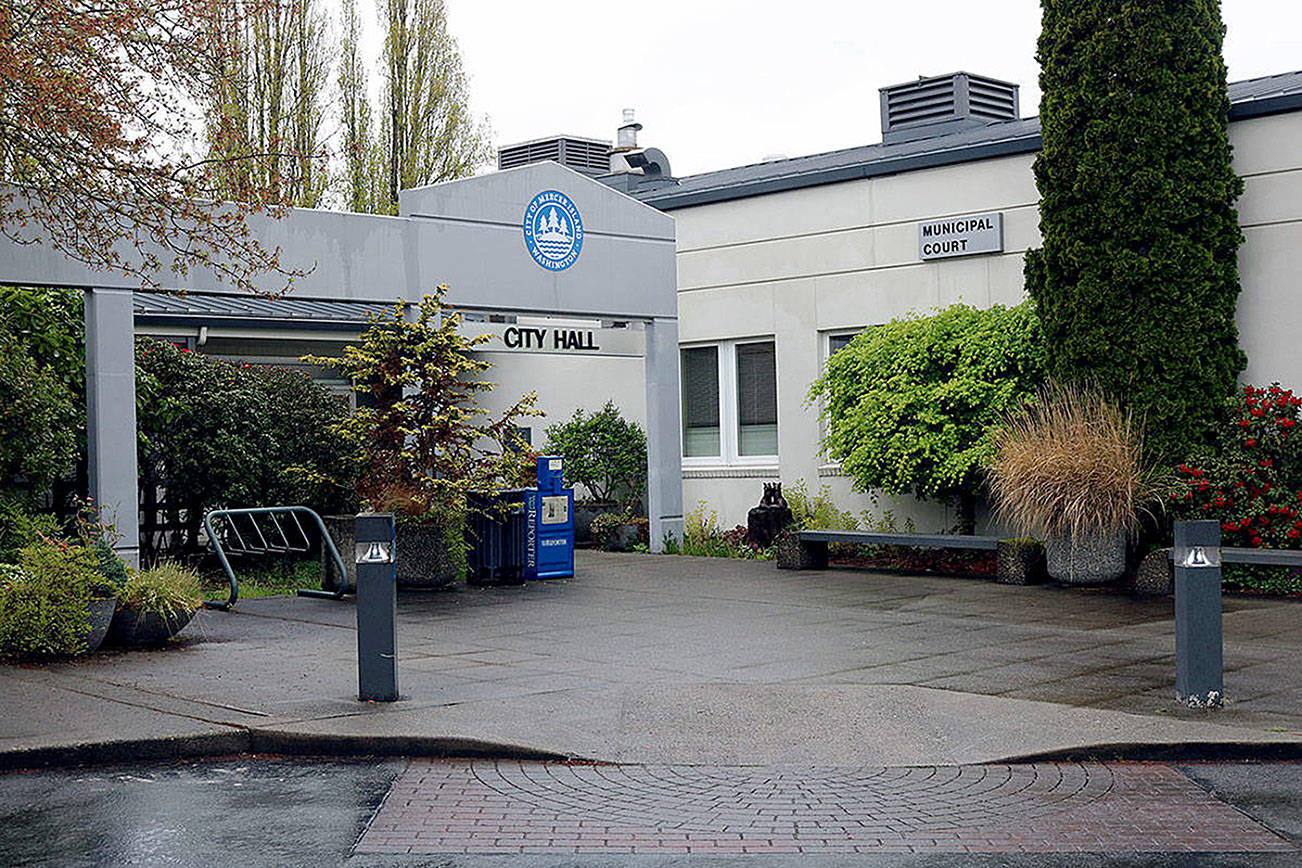Mercer Island is continuing its pledge to work on local and regional greenhouse gas (GHG) reduction methods. On Nov. 19, the city council unanimously passed a resolution adopting an updated version of the King County Cities Climate Collaboration (K4C) joint letter of commitment.
Ross Freeman, city of Mercer Island Sustainability and Communication Manager, said the city joined K4C in 2011 and is one of the founding member cities. They signed on to the first joint letter of commitment in 2014, but since then there have been advances in technology and changes in state legislation, so an update was needed.
He said they are the first member city to sign on to the new letter.
“I’m excited to make this happen and get that squared away,” he said. “These are shared actions and commitments we all wanted to tackle.”
As far as impacts residents can expect to experience, Freeman said this won’t change anything overnight.
“The real power with this is it helps us collaborate with other cities and find issues that cities can tackle together,” he said.
He said in some cases, when cities don’t share an issue, there may not be overlap. But in other circumstances, many of these cities often have traits in common. For example, he said Mercer Island could have joint initiatives with other cities regarding solar energy.
He said the K4C cities together can share the status of science and options for mitigating the effects of climate change. He also said the cities partner together to advocate for climate action at the state level.
K4C has grown to 16 cities, he said. All participating cities are expected to adopt the new joint letter of commitment, which can be read on the K4C website (https://bit.ly/2DCzOpv).
He said the Kirkland city council has had a first hearing and is expected to have it come back as a resolution for adoption, as Mercer Island did in December. He explained that many city councils have a great deal of business they are trying to wrap up by the end of the year.
While the 2019 joint commitment letter portrays a common goal, each city’s individual programs and actions will vary. These commitments align with several of Mercer Island’s existing commitments.
The city of Mercer Island has a goal to reduce GHG emissions to 80 percent below the levels recorded in 2007 by the year 2050.
Freeman said that normally only a small portion of a city’s GHG emissions comes from city government operations, usually about 1 or 2 percent. The rest of the 98 percent comes from the city’s communities and from transportation throughout the city. He said most participating city governments, including Mercer Island, tend to have taken action to reduce their emissions, such as using greener fleet vehicles, utilizing solar energy, and using LED lights.
The two largest sources of community GHG emissions on Mercer Island are personal vehicle travel and energy use in buildings, so the city focuses many programs around transportation alternatives and clean energy such as solar power. More information about the city’s sustainability programs can be found online (https://bit.ly/2LetJUl).


